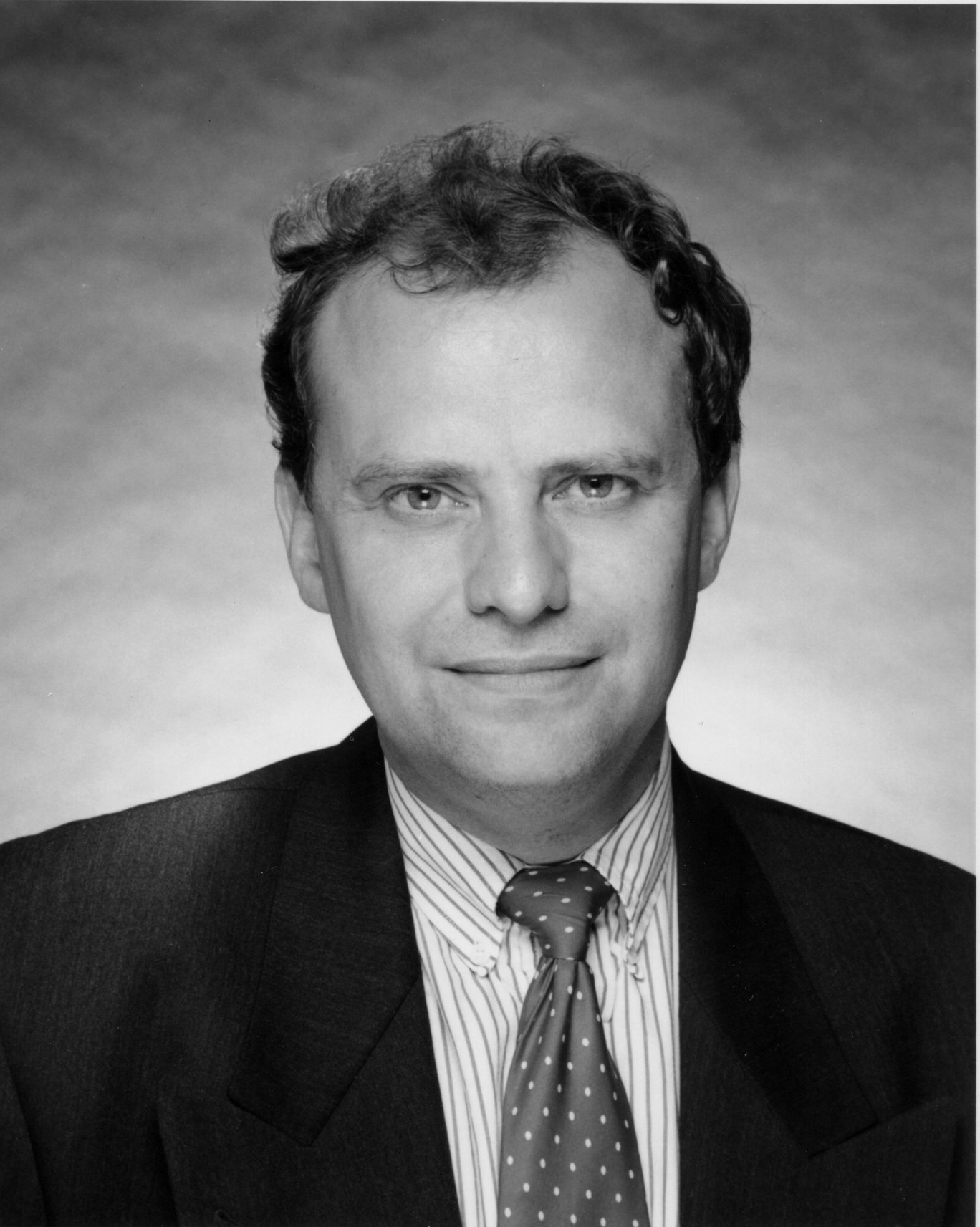{
"authors": [
"Anders Aslund"
],
"type": "event",
"centerAffiliationAll": "",
"centers": [
"Carnegie Endowment for International Peace"
],
"collections": [],
"englishNewsletterAll": "",
"nonEnglishNewsletterAll": "",
"primaryCenter": "Carnegie Endowment for International Peace",
"programAffiliation": "",
"programs": [
"Russia and Eurasia",
"Democracy, Conflict, and Governance"
],
"projects": [],
"regions": [
"Caucasus",
"Russia"
],
"topics": []
}
REQUIRED IMAGE
The Implications of the Russian Parliamentary Elections
Tue, December 9th, 2003
Anders Åslund opened the meeting by summarizing the latest preliminary elections count: the pro-Putin United Russia Party secured 222 seats, the Communist Party - 53, the Liberal Democratic Party of Vladimir Zhirinovsky - 38, the Motherland (Rodina) -37, the People’s Party - 19, Yabloko - 4, and the Union of Right Forces (SPS) 3 seats. Most political analysts had anticipated these results, however, success of Rodina, a party characterized by nationalism, socialism, and populism, came as a surprise.
Dmitri Trenin argued that the December 7th outcome showed the emergence of a new political system that replaced the system built by Boris Yeltsin. Prior to the elections, Russian government used TV and the press massively to the advantage of the United Russia Party. Trenin saw the elections’ outcome as a political default for Russian liberal parties, equivalent to the economic default of 1998. Pro-Western liberal parties were devastated without the required five percent for the Duma seats, and the Communist Party decreased in size. According to Trenin, Putin’s Russia looks more orderly than it did under Yeltsin, but it is not a democracy and it is still in the process of building capitalism. With the elections, Putin consolidated his control over the Duma and now could “order, not bargain,” Trenin added.
Commenting on 2004 and 2008 presidential elections, Trenin argued that nationalist and leftist forces might represent a new opposition to Putin. In 2008 Dmitri Rogozin could run for president to succeed Putin.
As for Russian foreign policy, Trenin noted that it has shrunk in scope and will now focus on the Newly Independent States. Almost without notice, Russia withdrew its peacekeeping forces from the Balkans earlier this year. Russia’s presence in the Middle East and leverage over North Korea were marginal. Trenin said that Russia will continue to remain “a free-standing unit on the international stage,” not eager to integrate with Western institutions. Moscow sees the West mostly as a resource for modernization. The U.S. needs to develop a realistic set of policy objectives toward Russia. Both “benign neglect and sanctions are a bad policy, and the U.S. should keep the lines open to Mr. Putin,” Trenin concluded.
Celeste Wallander agreed with Trenin that the U.S. should focus on developing
a comprehensive strategy toward Russia. She saw the Russian-American relations
on the former Soviet Republics as a key confrontation point. In Russian relations
with Europe, the emphasis will remain on visa policies, trade, and the Baltic
states.
In her opening remarks Wallander observed that the Duma elections did not serve
the three main functions, proving that Russia is not a democracy. First, elections
should serve to install and implement a representative government. In Russia,
this might be the case, but one cannot be certain if the latest elections truly
represented Russian public opinion due to the lack of information on public
polls. Second, elections should serve to hold government officials accountable
for their actions. In Russia, elections did not lead to accountability of the
government. For example, Putin gained his popularity by giving Russian public
a sense that he would create order and by promising to end the war in Chechnya.
However, the government has not been held accountable for its failures in Chechnya,
Putin simply restricted the media coverage of this subject to undercut the
notion of accountability. Third, elections should create competition and encourage
a market place of ideas. In Russia, elections only control and manage an array
of ideas.
Wallander argued that Russian politics went through a process of institutionalization, but not democratization. In fact, one should dismiss even the notion of a managed democracy in Russia because the elections failed to serve the three purposes described above. Institutionalization of Russian politics under Putin entwined economic and political power in a non-transparent relationship that was not subject to the democratic rule of law in Russia. In addition, Wallander stressed, more attention should be paid to the nationalistic and socialist Rodina party, a new political force that obtained about 9 percent of votes in the Duma elections.
All panelists agreed that the December 7th outcome was an overwhelming victory for President Putin that led to power consolidation in the executive branch. Åslund argued that these parliamentary elections put Russia on an authoritarian drive, ending the oligarchy, which “is now dead.” He asserted that the arrest of Yukos chairman Mikhail Khordokovsky prior to the Duma elections was a political success that strengthened the anti-oligarch sentiment among Russian public. Big businesses played a small role in the December 7th elections.
Åslund concluded the discussion on a positive note, reminding the audience of Russia’s economic growth of 6.5 percent annually in the last five years. Russian companies became “big, private and assertive,” he added. Therefore, Russia now has a higher economic interest in the former Soviet Republics than it did five years ago. Åslund expected Ukraine to become a major issue in U.S.-Russia relations, considering Ukraine’s presidential elections on October 31, 2004, disputes over the UES involvement and the Odessa-Brody pipeline.
The speakers agreed that regardless of the elections results Russia needed to continue free market reforms, state modernization, and implementation of the rule of law. Of course, appointment of a new Prime Minister after the presidential elections in March 2004 will be a key move for Russia’s near future.
Summary prepared by Kate Vlachtchenko, Junior Fellow with the Russian and Eurasian Program at the Carnegie Endowment.
Carnegie does not take institutional positions on public policy issues; the views represented herein are those of the author(s) and do not necessarily reflect the views of Carnegie, its staff, or its trustees.
